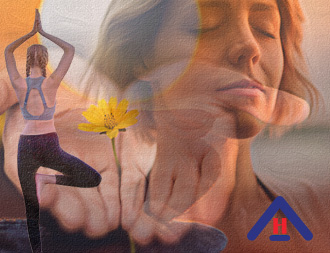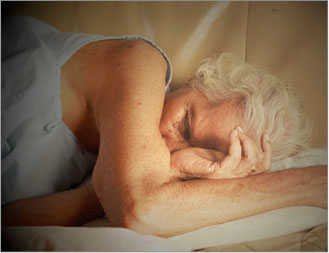Sleep Better As You Age: Tips and Strategies For Seniors To Get A Good Night's Rest
By: Rosemarie Tamunday Casanova — RN, BSN, MHA
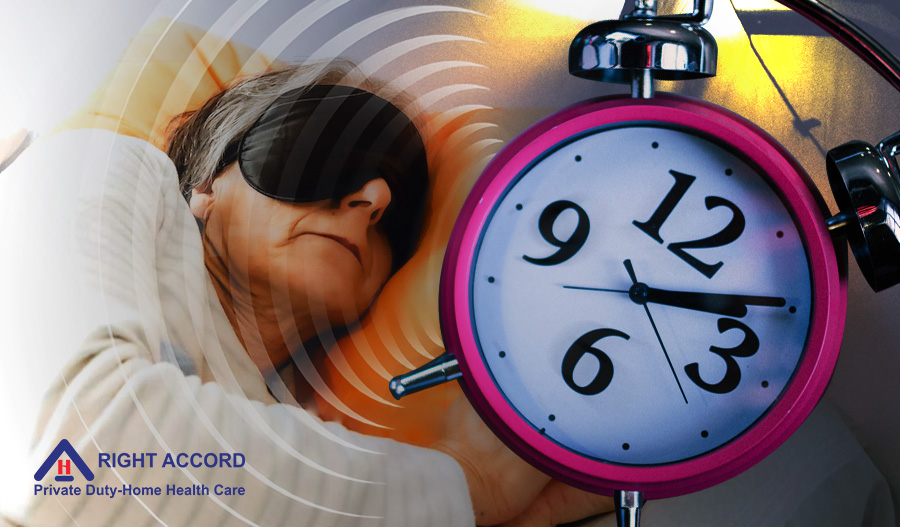
As we age, our sleep patterns tend to change, and getting a good night's rest becomes harder than ever. For seniors, this can be especially challenging, leading to fatigue, stress, and physical and mental health problems.
Thankfully, there are steps you can take to improve your sleep and maximize its quality. In this article, we'll discuss tips and strategies for seniors to sleep better and wake up feeling refreshed and energized.
From understanding how sleep changes as you age, to creating a restful sleep environment, to incorporating lifestyle changes, we'll cover all the essential tips for getting a good night's rest. So, join us as we explore the best ways to get the restful sleep you need and deserve.
Understanding how sleep changes as you age
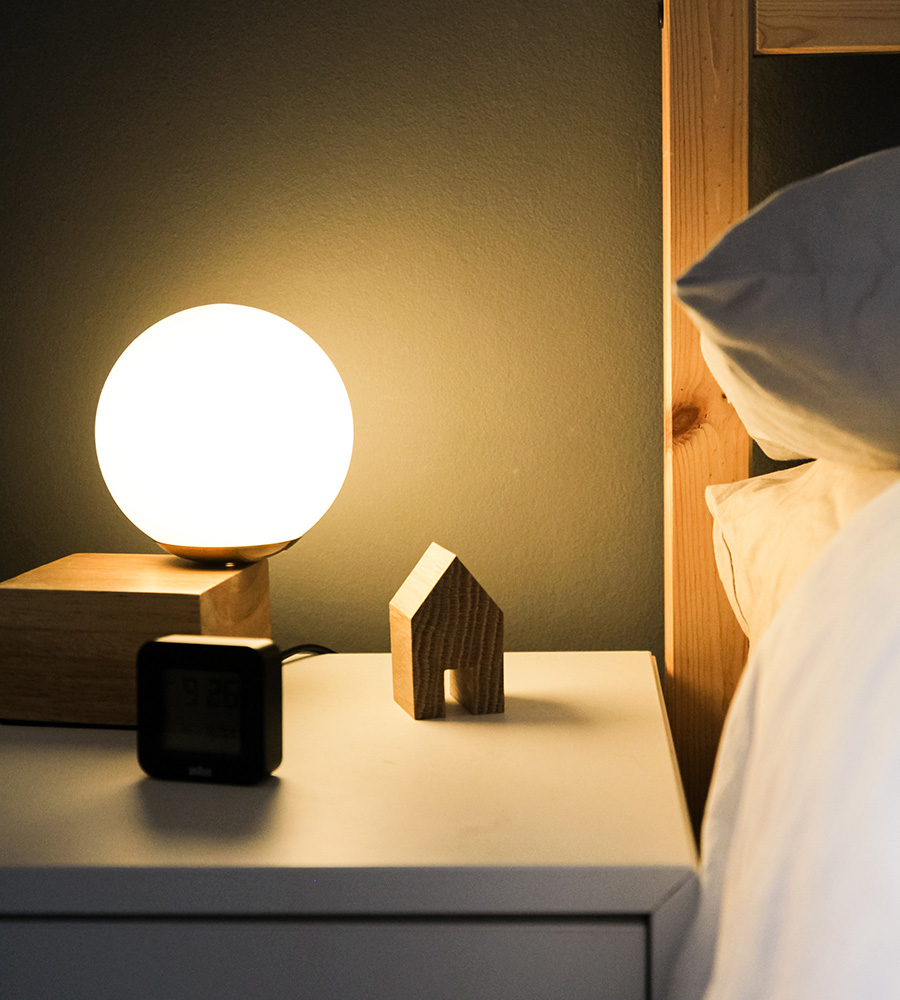
As we age, our sleep patterns tend to change. These changes can often be attributed to hormonal changes in our bodies, but also environmental and lifestyle factors. For example, as we age, we tend to naturally produce less melatonin, the hormone that helps regulate our sleep cycles.
This leads to difficulties falling asleep, experiencing more frequent waking during the night, and trouble getting enough quality sleep.
Furthermore, as the years pass, your circadian rhythm (the natural rhythm of sleeping and waking) tends to shift forward, causing you to be more awake earlier in the day. This shift in circadian rhythm can also make it harder to fall asleep and get the restful sleep your body needs.
Creating a restful sleep environment
As you age, you should also be paying close attention to the quality of your sleep environment. If you are like most seniors, you probably sleep with a partner, a pet, or both. These sleeping companions can be great additions to your life, but they can also cause disruptions in your sleep cycles. If your partner's snoring or your pet's movements are disrupting your sleep, there are steps you can take to minimize these disruptions.
First, make sure to communicate with your partner about the importance of a good night's rest. If they are the disturbance, try to negotiate sleeping arrangements so everyone gets the quality sleep they need. Similarly, if your pet is the disturbance, make sure to properly train your pet not to disturb your sleep. If these steps don't work, try investing in a pair of ear plugs to help block out the noise. Although these disruptions may seem minor, they can have a significant impact on the quality of your sleep.
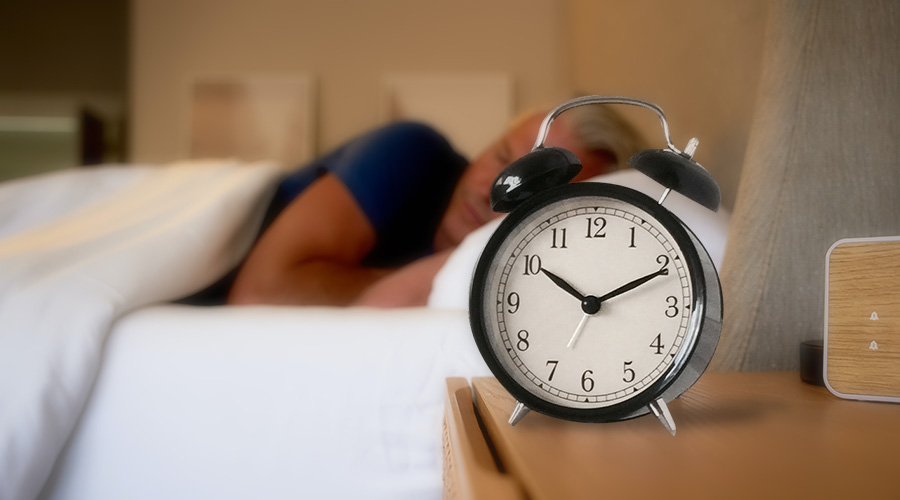
Lifestyle changes to improve sleep
One of the best ways to improve your sleep is to make healthy lifestyle changes. First, reduce caffeine intake, alcohol consumption, and nicotine use to help regulate melatonin production and improve sleep quality. Additionally, try to avoid eating large meals before bed as this can make you restless and disrupt your sleep. Next, make sure your sleep environment is as dark and quiet as possible.
This can help regulate your circadian rhythm, making it easier to fall asleep and stay asleep throughout the night. If you struggle to maintain a dark and quiet sleep environment, you may want to look into investing in blackout curtains, ear plugs, and other sleep aids.
Exercise and healthy diet
As we age, many seniors experience a reduction in energy and stamina. This can make it extremely challenging to regularly exercise. However, studies have shown that a regular exercise routine can improve sleep quality and regulate melatonin production. Additionally, it's important to feed your body what it needs to function at its best. This includes getting the right amount and combination of nutrients. As you get older, you may want to consult a doctor or dietitian to make sure you're getting the right amount of key nutrients, such as zinc, magnesium, and vitamin B12. This can help enhance your sleep quality and improve your energy levels in general.

Creating a bedtime routine
As we age, our brains tend to function less efficiently and process information slower. This can make it especially challenging to fall asleep at the end of the day. To help ease your mind, try creating a bedtime routine. This can help you mentally prepare for bed and slow your mind for a good night's sleep. Some examples of a bedtime routine can include reading, writing, taking a warm bath with lavender oil, or listening to soothing music.
Tips to help you wind down
As you age, there are simple steps you can take to reduce your mental and emotional stress and get a good night's rest. For example, try to avoid excessive use of technology such as your computer, television, or phone before bed. These devices emit strong blue light, which can disrupt your circadian rhythm and make it difficult to fall asleep. Instead, try to read a book, write in a journal, or engage in some other form of relaxing, low-stimulation activity before bed.
Additionally, make sure to get your seven to nine hours of sleep every night. This can help reduce your mental and emotional stress, as well as regulate melatonin production, leading to an increased quality of sleep.
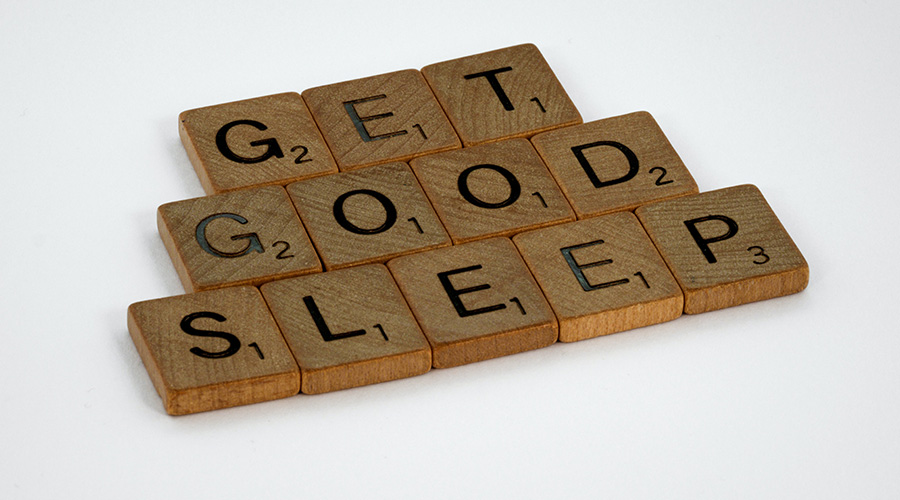
Avoiding stimulants
If you are having a hard time getting a good night's rest, it is important to consider what you consume during the day. Certain beverages and food can disrupt your sleep and making it more difficult to fall asleep. For example, caffeinated beverages such as coffee and soda can be highly stimulating to the body, making it difficult to relax and fall asleep. Similarly, overeating late at night can make it more challenging to fall asleep due to digestive issues.
Understanding medications that affect sleep
Not all medications are created equal. Some are more likely to cause side effects such as sleep disorders and/or alter your circadian rhythm. If you are experiencing sleep issues, it is important to discuss your symptoms with your doctor and find out if any medication you are taking could be the cause. If so, there may be an alternative medication your doctor can prescribe that doesn't affect sleep. Additionally, it's important to manage your expectations when taking certain medications. While they can be very helpful, they are not a cure-all and are unlikely to work overnight.
Seeking help if needed
If you are having a hard time sleeping, it is important to seek help from a medical professional. This can help you identify the underlying cause of your sleep issues and get the help you need. Additionally, it's important to remember that sleeping is a natural process, and no single technique works for everyone. It is important to be patient with yourself and try to understand what works best for your individual sleep needs.
Summary and conclusion
As we age, our sleep patterns tend to change. This may lead to difficulties falling asleep, experiencing more frequent waking during the night, and trouble getting enough quality sleep. Thankfully, there are ways you can improve your sleep and sleep better each night. From creating a restful sleep environment to making healthy lifestyle changes, there are several actions you can take to get the restful sleep you need and deserve. Now that you know how sleep changes as you age, you can take steps to improve your sleep and sleep better each night.

